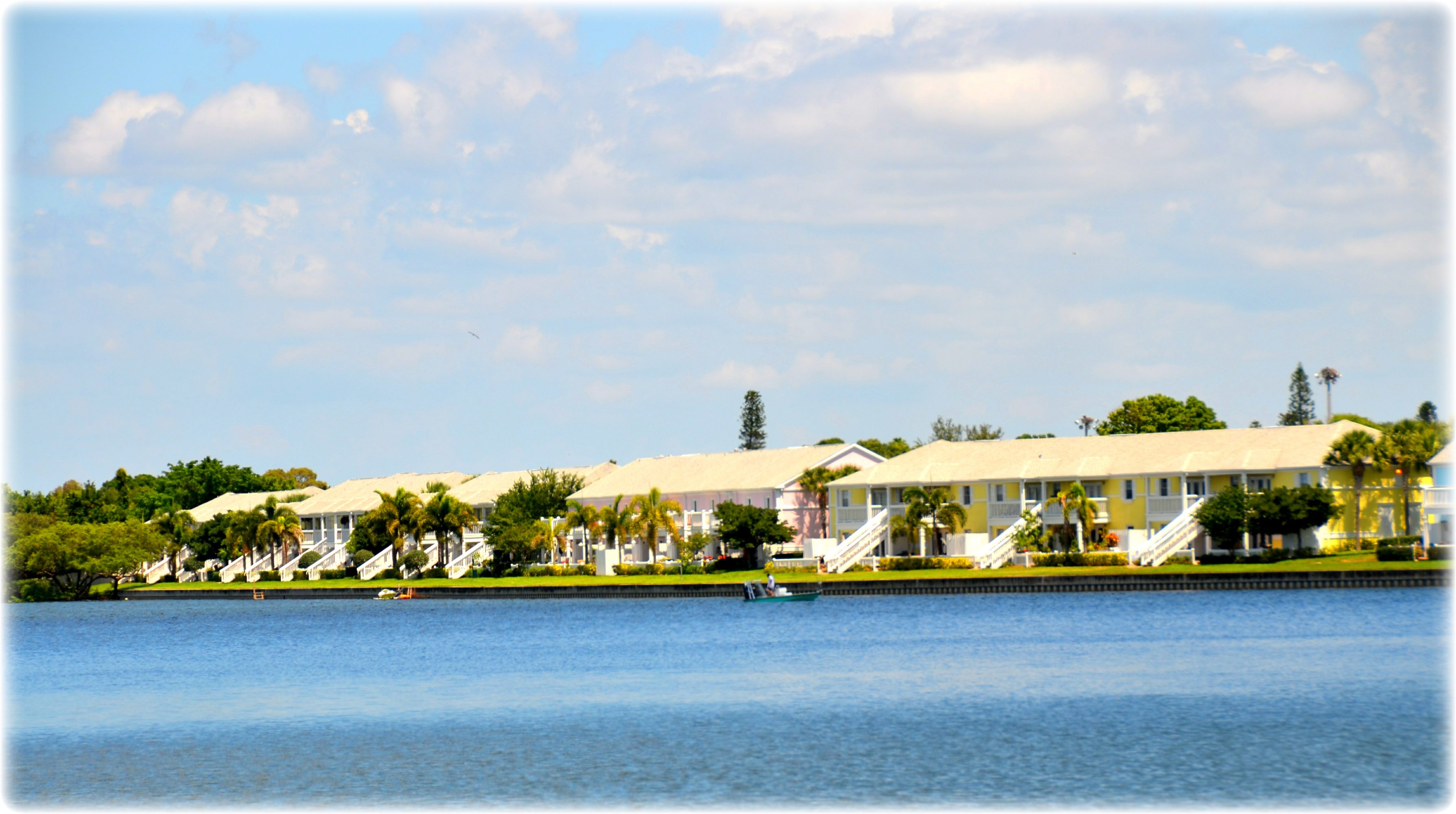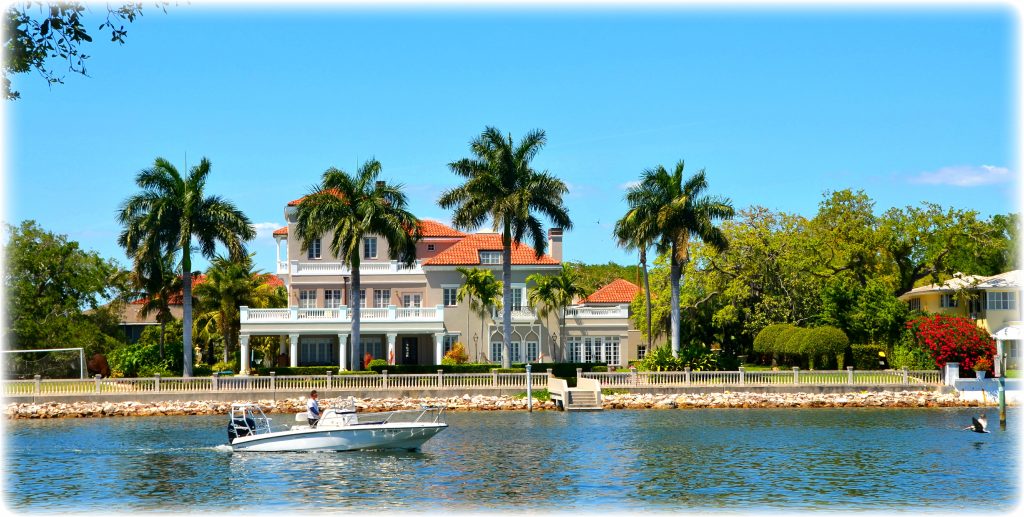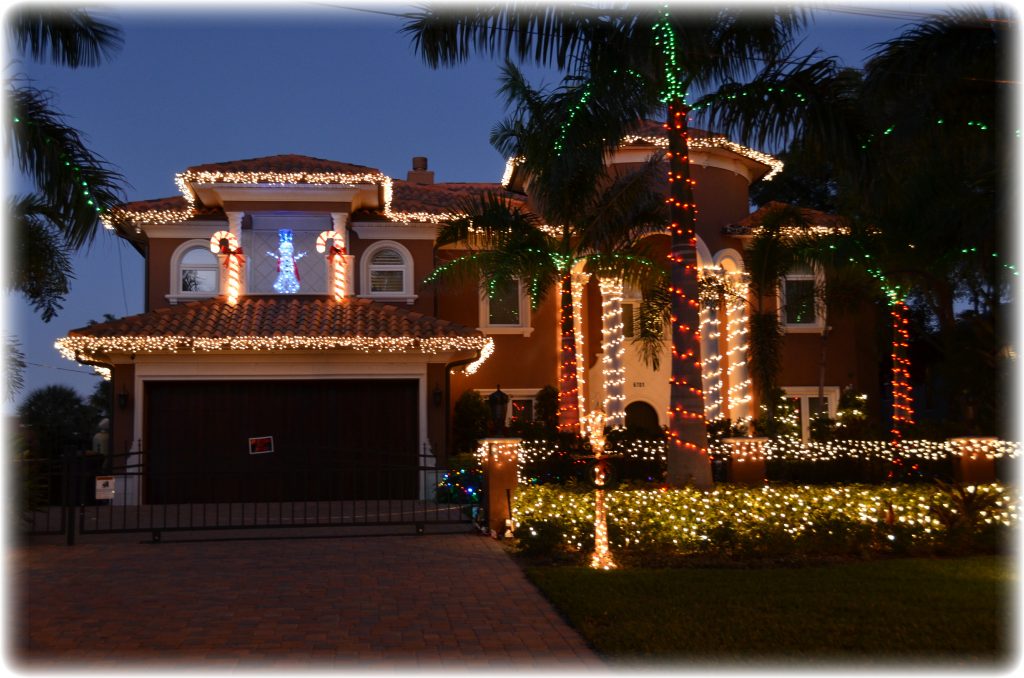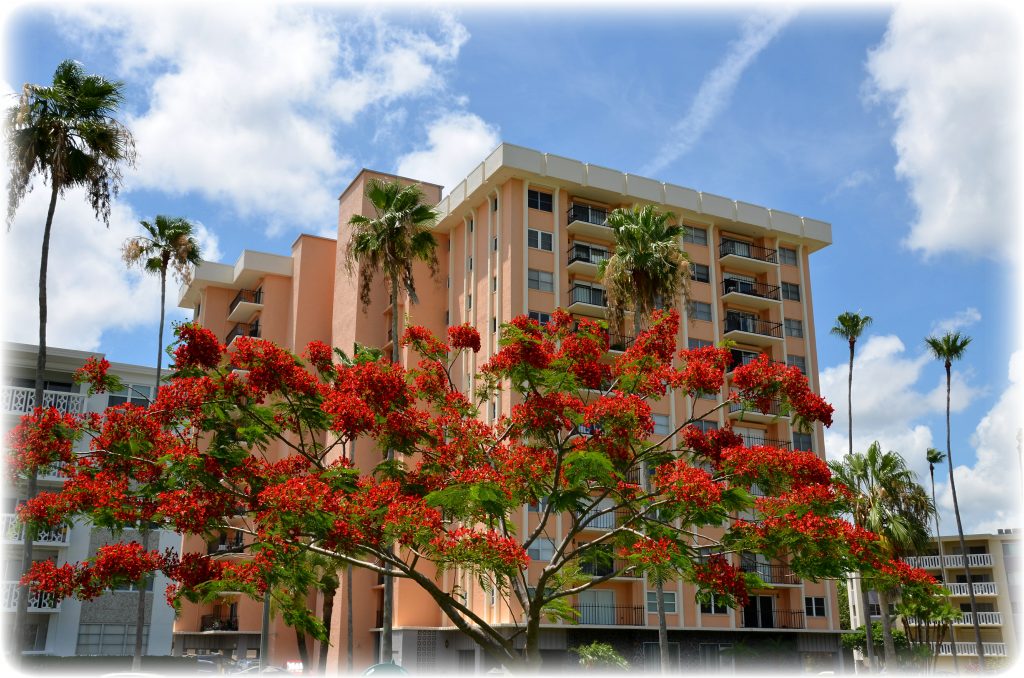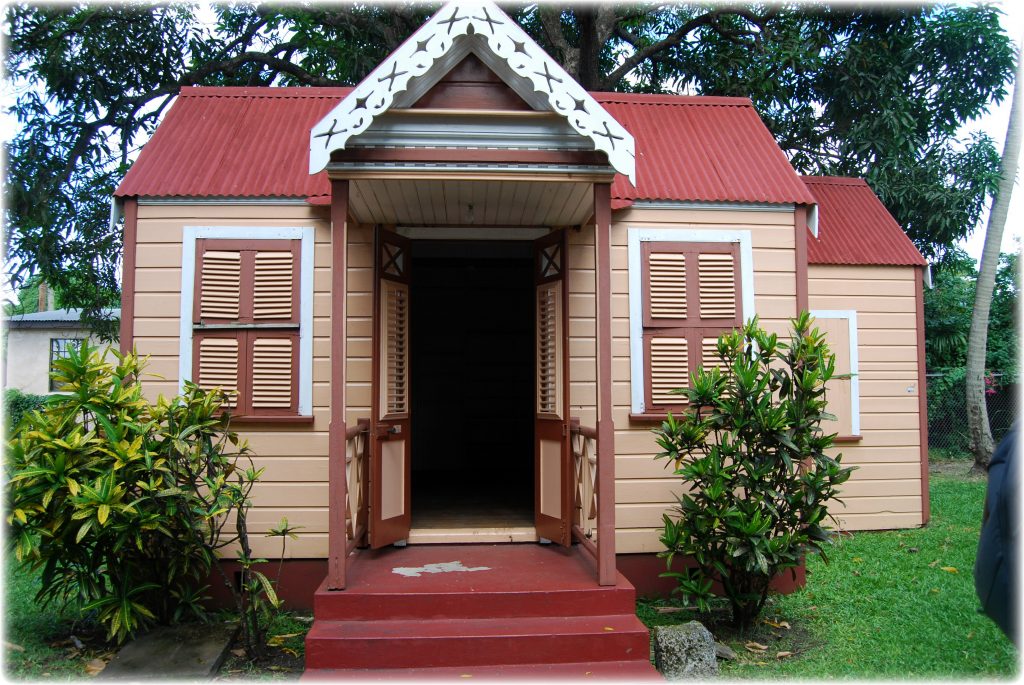Obviously there is no clean-cut answer to that question. Because it is all up to the conditions and the preferences for the person who is asking. So the only thing we can do is to tell about the current market situation for Real Estate in the St Pete area. Bearing in mind in 12 months it may be different again…
It is no exaggeration that the housing market in the St Pete area just now is booming. That, of course, means that the prices are bullish. This is however the increase rate of prices, but as this still is from a rather low level, the general price level is still interesting. Of course, it also depends on which area you are looking for.
Someone said, if you intend to live in the St Pete area, you should live close to the water, or else you don´t have to live there at all. That is a rather simplified way to put it. First of all, you really don´t need to have a direct waterfront property – it has some drawbacks, not the least the price you have to pay for that. But more importantly, as greater St Pete – let us call it Pinellas County – is surrounded by water on three sides; east, west, south, you are never more than 10 minutes away from the water anyway!
But our best and most important advices are these:
- Whatever reasons you have, never buy anything without first coming here at least one time as a tenant. If that is for just some vacation weeks or for a couple of months, it doesn´t really matter. And this same rule goes for the rest of the world too, not just the US. There are so many reasons why you should do that. All resident areas in world always have an upside and a downside which you don´t always realize from a glossy leaflet or an awesome homepage. Of course, these days you can do a lot of this homework over the internet, which you couldn´t just some 15 years back. But nothing can replace the live experience!
- Next thing when coming here; do travel around and check out different places. It may lead to that your first choice was still the right one – fine, now you know you took the right decision. But it could also mean you find something even better, not just for the price, but for many other reasons.
- Don´t think you are the best in finding out everything about everything. You must have an agent helping you around all the reefs in this business. Because even if the legislation for property investment in the US is very well documented (as opposed to southern Europe..) it is complicated and there still are sharks in the waters out there.
- Put down your own intentions for why you may invest here. – Is it just a financial thing to generate max capital growth over time? Or are you going to live here yourself? Just for a couple of weeks or for some months as a “Snow-Bird”? If your property is going to be empty most of the time, you may want to rent it while you are not occupying it yourself. This for mainly two reasons: a property which is left uninhabited for a long time doesn´t live well: a property is in a better shape if someone is living there. The next reason is financial: you can often finance all your running costs for the unit with rental income.
- How long do you intend to own this property? If you intend to be here three years or less: don´t buy: rent instead. If you intend to own for more than at least three years, then you can consider buying. Why is that? Apart from the purchase price of the property, there are other costs involved, registration fees, legal fees, agent commissions and so on. Even with a healthy market development in value, over a short time you may not get a sufficient price hike at the sell and compensate for these costs and at the same time give you decent profit on your investment. It can take three years of market appreciation for you to be able to overcome the upfront closing costs you will have when you sell.
So here is a summary of renting versus buying:
Renting – Pros:
- Flexibility in time/location
- Not locked in past your lease term
- Landlord responsible for maintenance
Renting – Cons:
- Typically more expensive for the same size/type of dwelling
- Rent can go up every year
- Upfront costs often include a security deposit and first/last months’ rent
- Landlord can sell the property
- Typically not much control over decorating/improvements
Owning – Pros:
- Typically costs less per month than renting
- Builds equity
- Historic average appreciation of 3 to 4 percent
- Income tax savings – though for the time being not applicable in the US – you can itemize and deduct property taxes and interests paid.
- Also, for US citizens, there are possible additional tax savings for first-time home buyers through the Florida Housing FTHB Tax Credit
- You decide how long to stay
Owning – Cons:
- Down payment can be tough to save for (although there are FTHB programs available for qualified applicants)
- Maintenance is your responsibility

